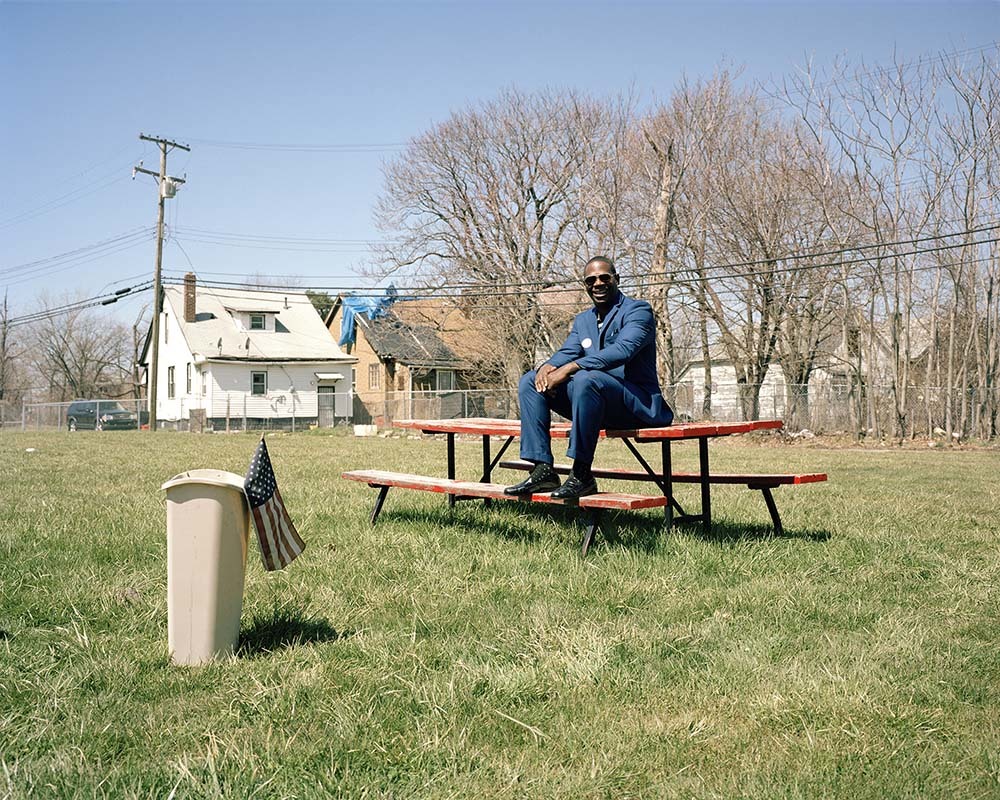Even before Detroit declared bankruptcy in 2013, the city had become a popular subject for photographers. Its crumbling buildings and shuttered businesses were haunting, but soon became photographic shorthand for empty comments on urban decay. When Melbourne photographer Ben Burgess found himself in the city earlier this year, he realized the tired visual narrative didn’t do the city justice. For him, Detroit’s story was about rebirth, not death. His work, and soon to be released book, looks to deconstruct this one-dimensional outsider perspective, while navigating the reality that as an Australian, he’s feeding into it.
Tell us how you approach a project about someone else’s home town?
I wanted to speak about Detroit without focusing on things like the housing situation, but rather on the rebuilding of the city after they claimed bankruptcy in 2013. It’s about trying to give a voice to the real people of Detroit, and not this faux outsider view that it’s a city in tatters. To do that I profiled and spoke to locals; the final book will be my images partnered with some work by a local writer and Detroit poets.
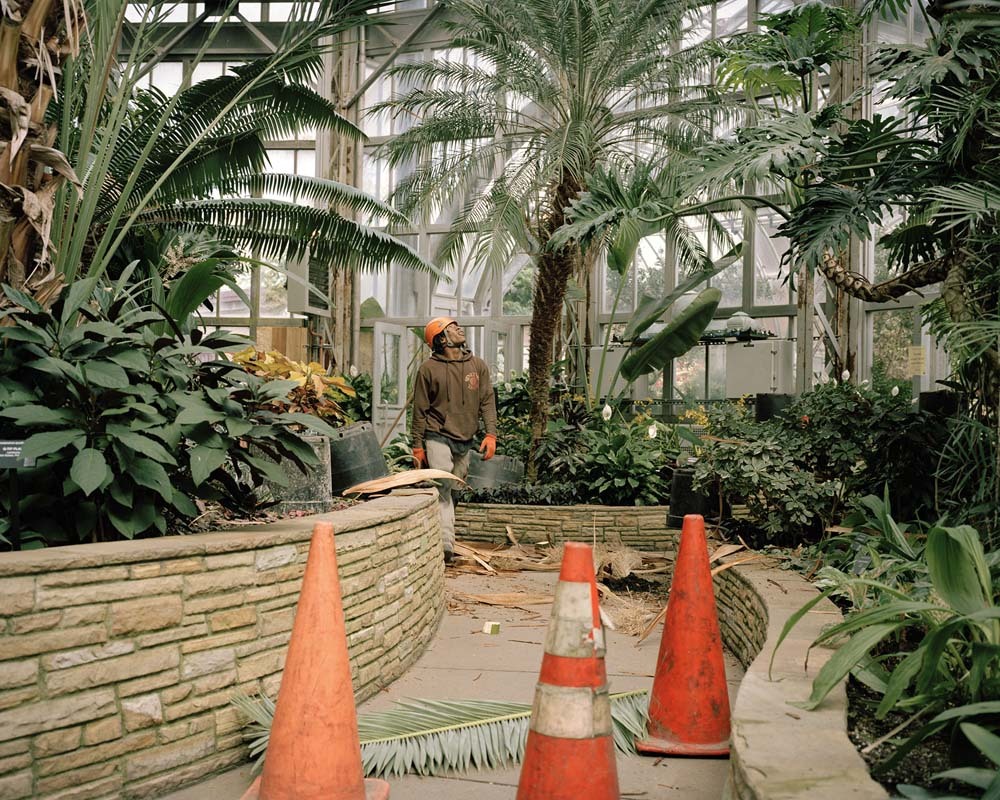
Detroit definitely has a certain image. Was subverting the negative perception difficult?
Funnily enough I happened to be there when the weather was amazing and it just bought the city to life. The sky was always blue and the sun was shining, I was staying in the inner city and have never felt so at home. Everyone was so accommodating and had time to spare. I never felt unsafe or had any issues — I’ve never experienced a city like it. Even though there is a lot of unoccupied housing, people are making it work. They are investing in the youth and making the city a better place.
Were you always interested in Detroit?
I was intrigued by how much people always talked about it. I was also interested in the music scene that emerged from there, and how at one point in the 90s it was considered the most progressive city in the world. But what really inspired me was that everyone in Detroit has a project: there are urban farming initiatives, poetry workshops for kids, and people are just doing it off their own back.
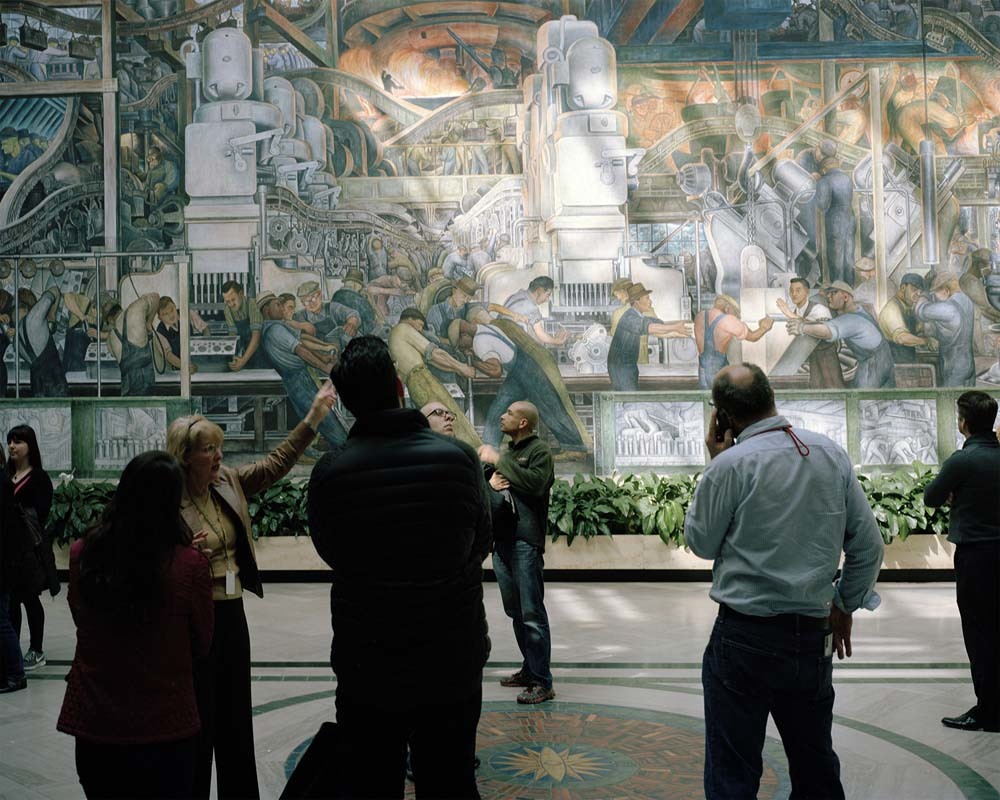
As someone who is from Melbourne were you self-conscious of the fact that you might be presenting someone else’s story and speaking on their behalf?
Yeah, I think with this project in particular I made an effort to really hear people out. Usually when I’m taking photos I stay quite incognito, but in this case I made sure I was very respectable and I spoke to everyone before even taking their photo. You’re always going to feel this though: even when talking about a group of people you really associate with, you need to try your best to tell their story and use photography to present them without representing them.
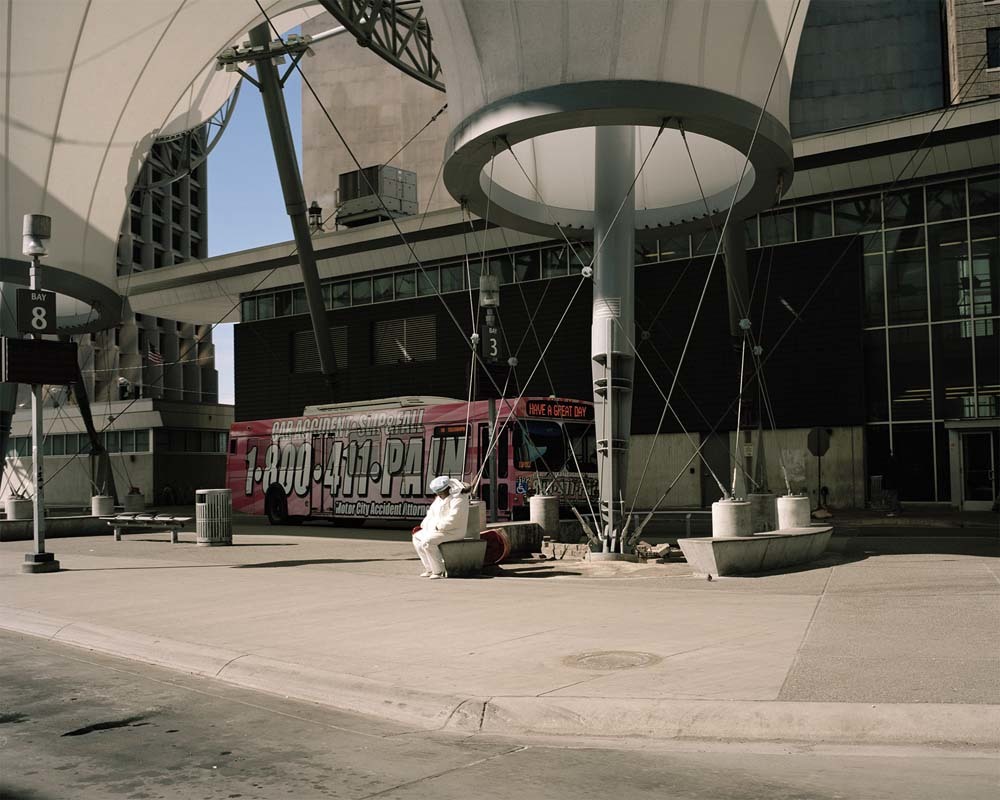
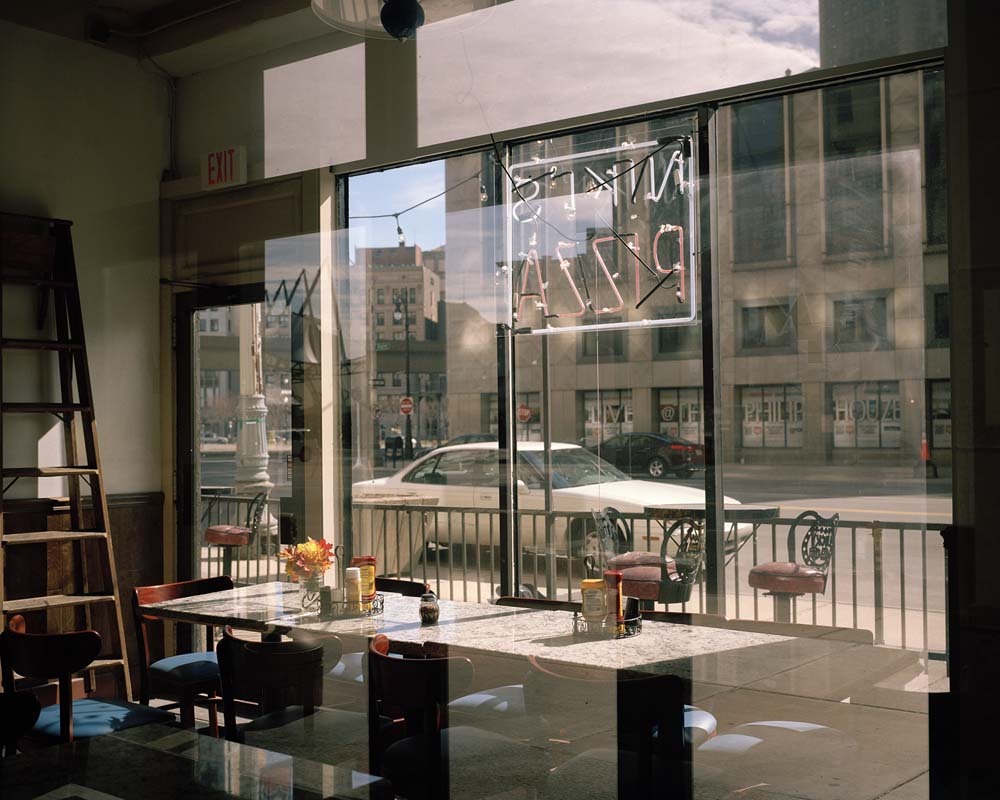
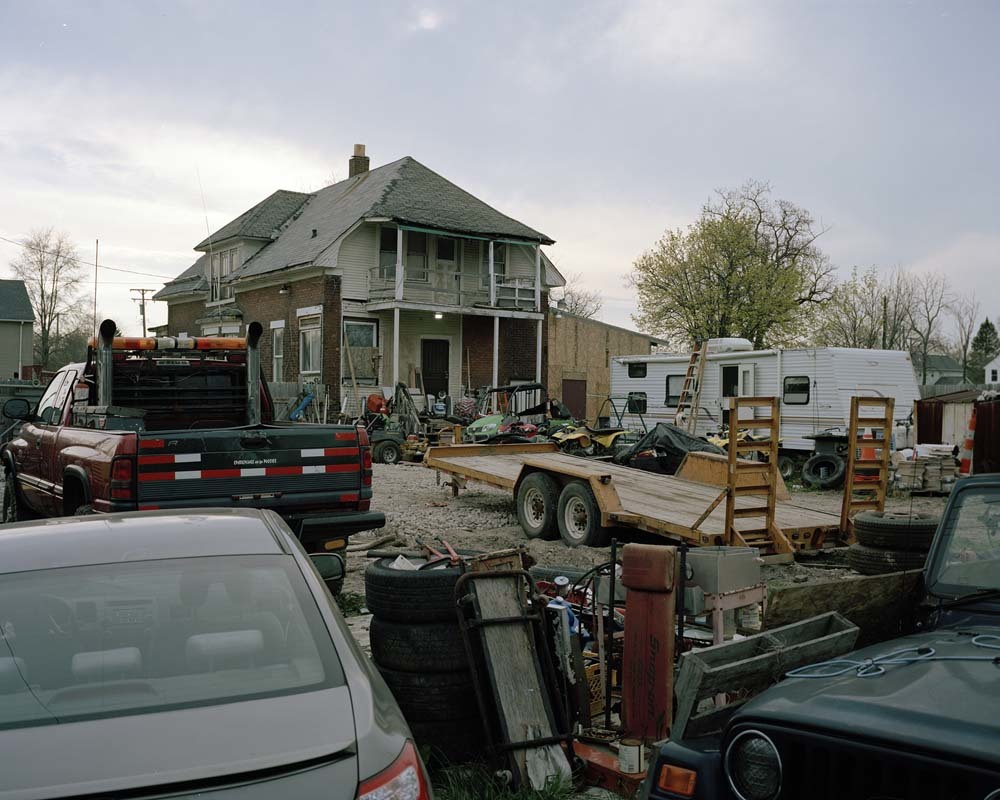
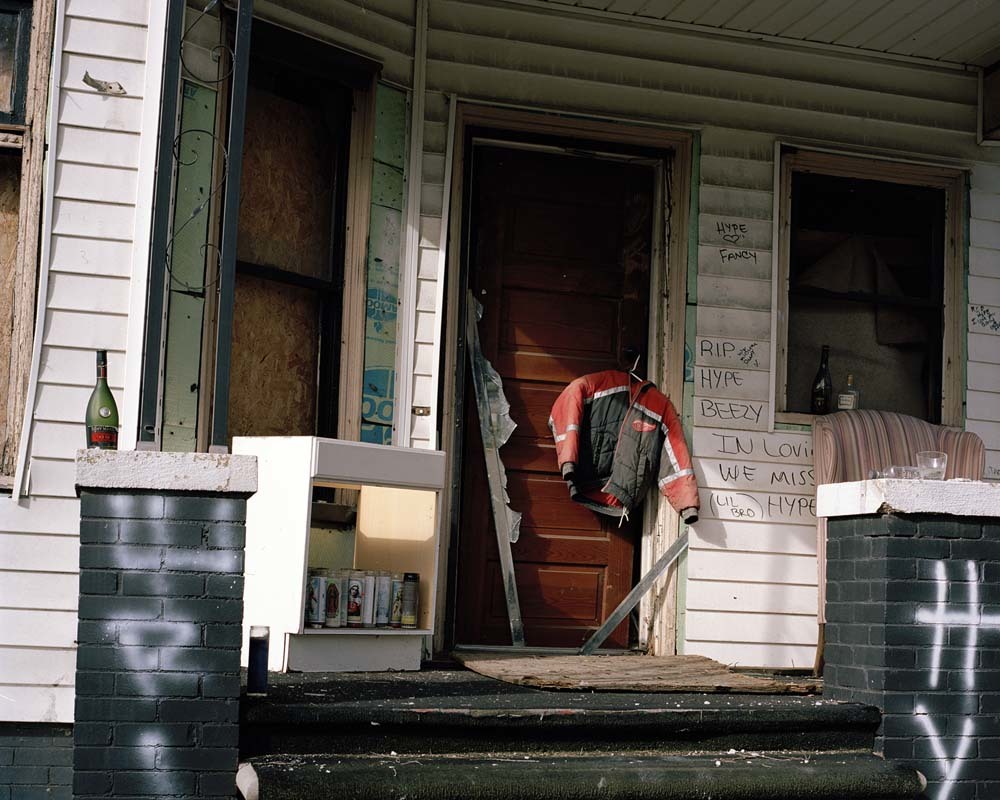
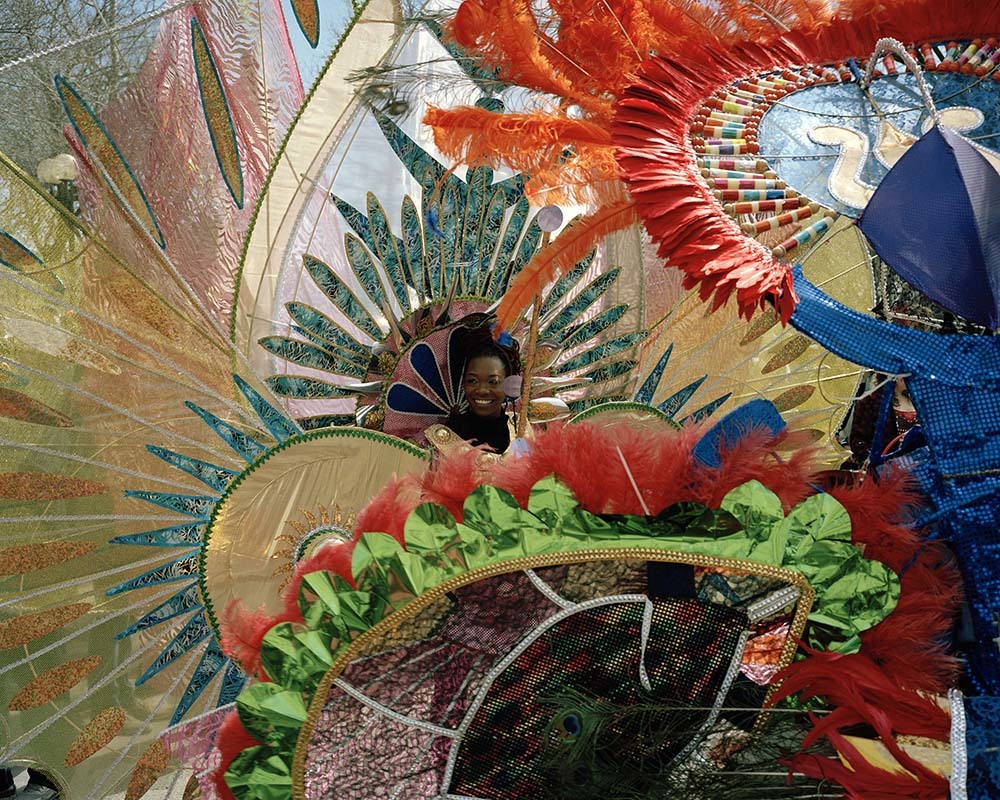
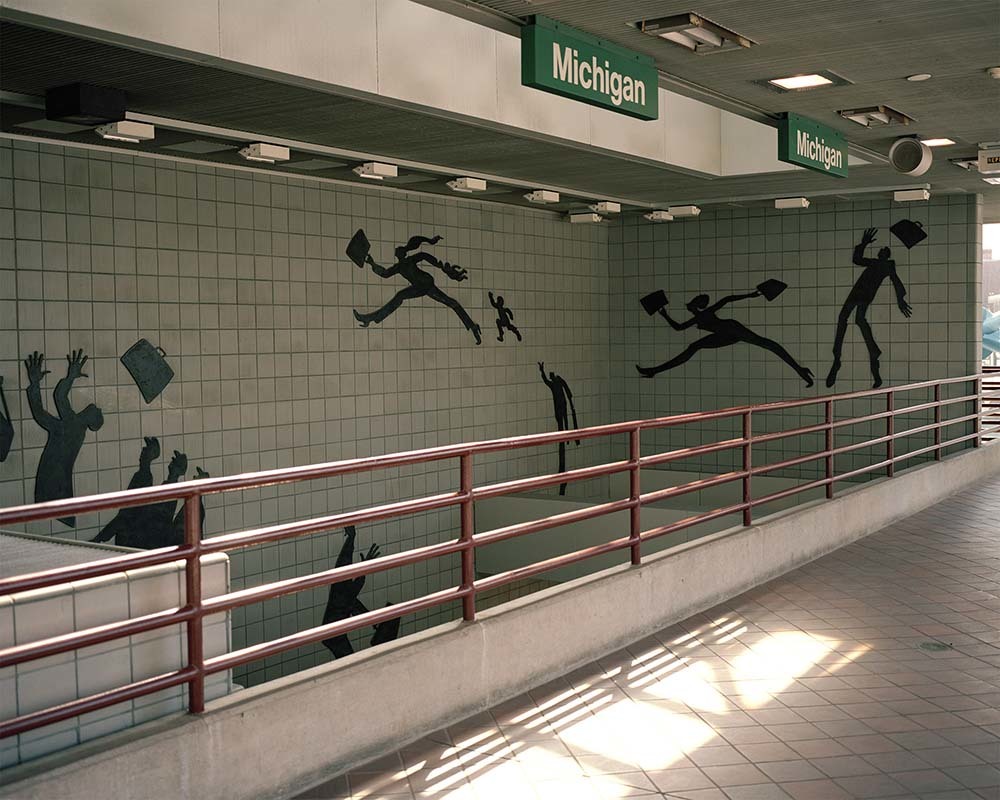
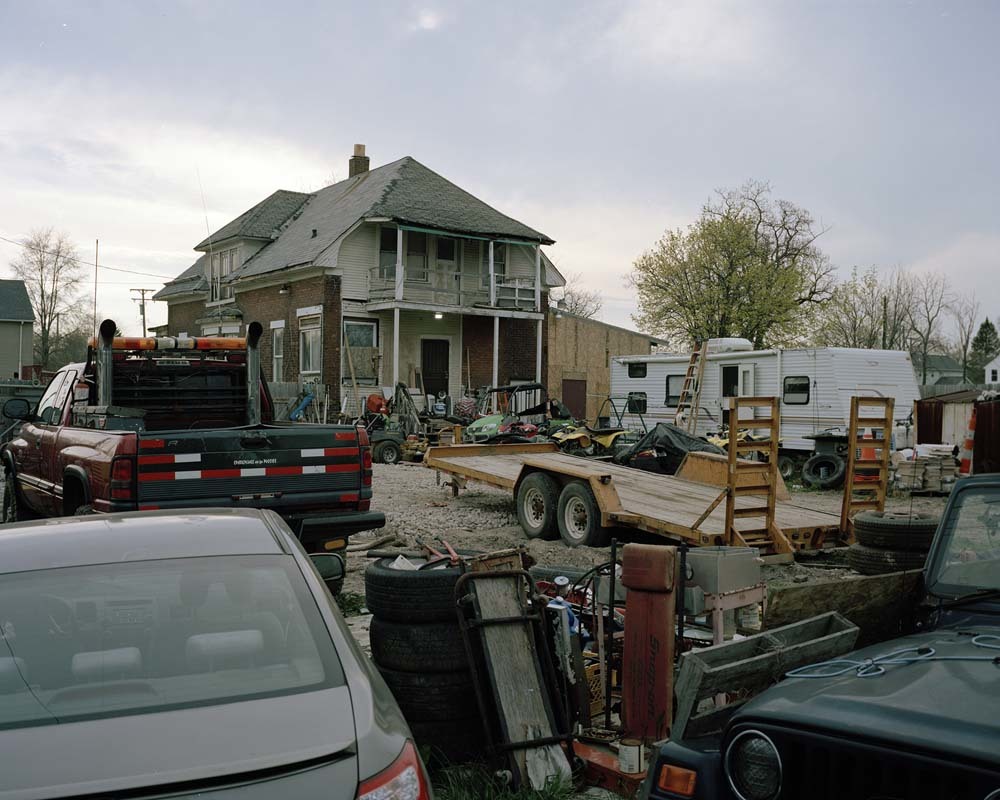
Credits
Text Kasumi Borczyk
Photography Ben Burgess
